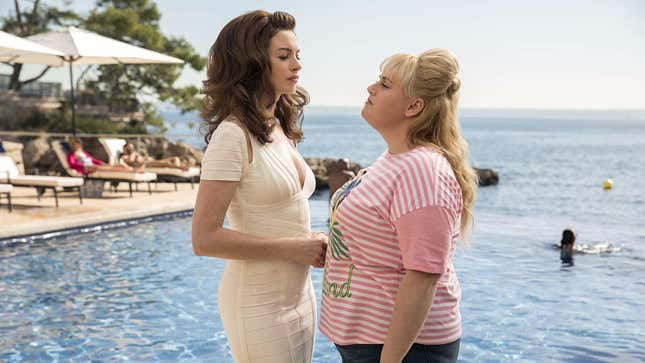
Image: MGM
When I was 15 years old, I had a pretty good thing going for myself when it came to sneaking into shows at large venues. If the tickets were expensive, if it was sold out, or if you had to be over 18 to get in, I would go to the bouncer out front and tell him that I was looking for my older brother. “He’s in there, but I can’t get in touch with him,” I would say. “We’re supposed to go home together.” I was barely five feet and scrawny, and looked more like a 9-year-old than a teenager; these qualities, along with my whiteness, almost always got me in the door. “Go find him and come right back out,” they’d say. It was an intoxicating feeling. No one got hurt, and I got to see Bright Eyes.
Soon, a guiding principle emerged through my teens and early 20s: scam as honestly as you can, and only scam up. And so I began a life of trying to not pay for things. I would get free popcorn at chain movie theaters by finding an empty container under a seat and telling the person at the concession stand that I’d accidentally spilled mine. I would wear dresses to family weddings with the tags still on and later return them to the department stores where I’d bought them. In an early job after college, I stealthily brought home two long-abandoned laptops from a company that paid us terribly and was run by a man who sexually harassed the women on staff. (I kept one and gave the other to my best friend.) I was always angling for something dumb, and it worked often enough.
I have eased off the scam in recent years (mostly), but remain Jezebel’s resident expert on the subject. So it seemed appropriate that I go see The Hustle, a movie about women who scam.
-

-

-

-

-

-

-

-

-

-

-

-

-

-

-

-

-

-

-

-

-

-

-

-

-

-

-

-

-

-

-

-

-

-

-

-

-

-

-

-








































